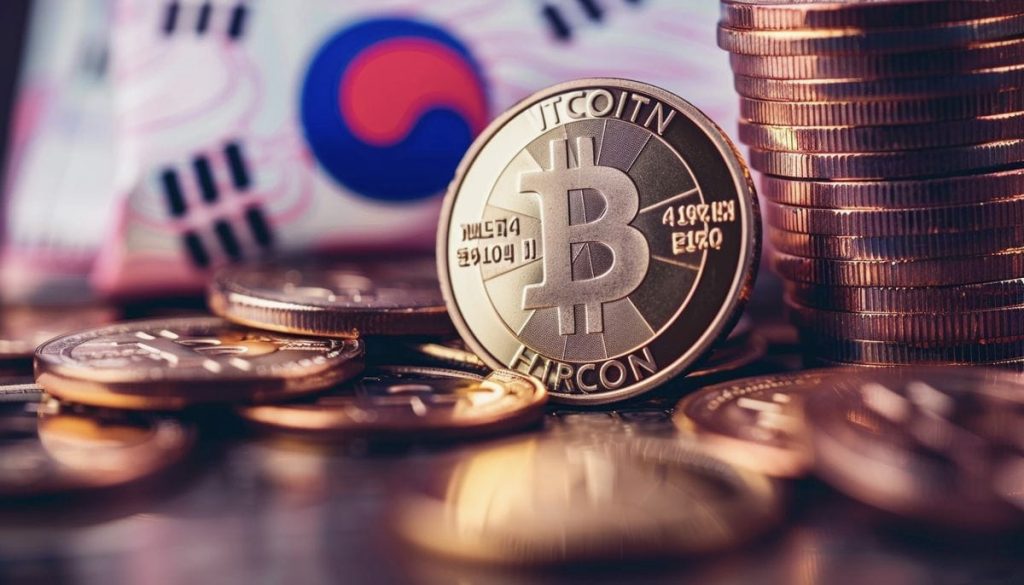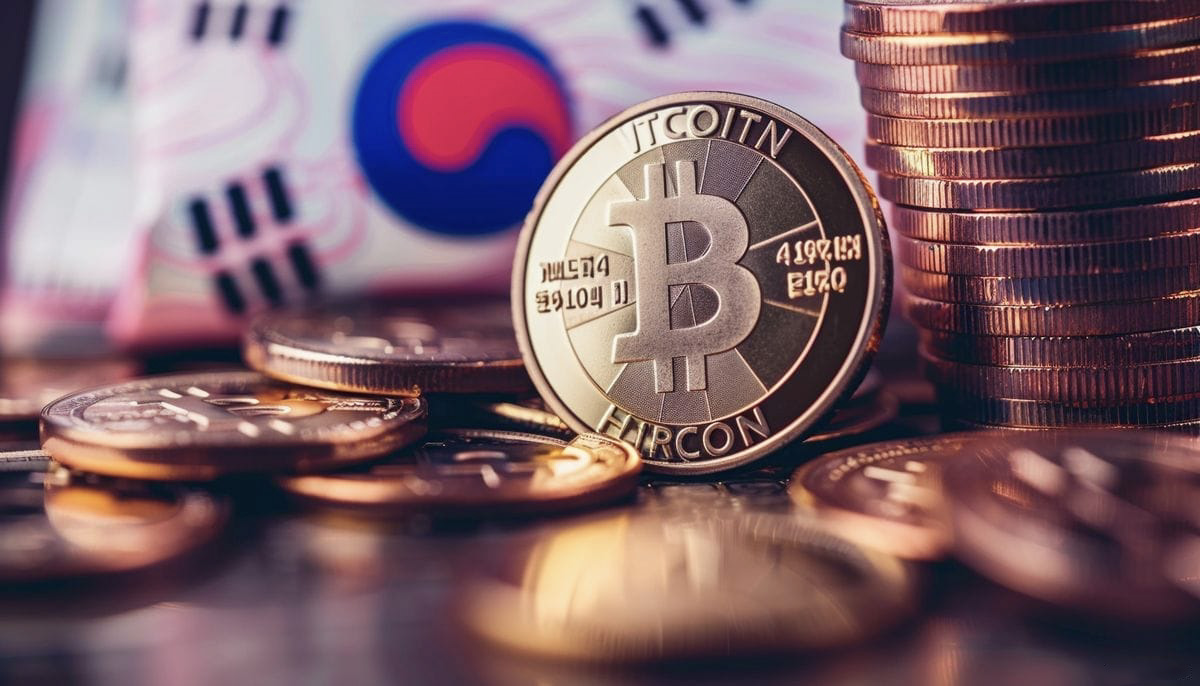
Stricter rules for listing tokens on exchanges, including the blocking of tokens that have been compromised, are expected to be implemented by South Korea. According to a News 1 report, the nation’s financial authorities are getting ready to publish guidelines for virtual asset trading support, which should be published by the end of this month or the beginning of next. According to the report, the Financial Supervisory Service began developing these listing guidelines in the second half of last year, receiving feedback from exchanges like the Digital Asset Exchange Association (DAXA). Although DAXA had already created guidelines for joint listing reviews, it was decided that the authorities needed to create their own guidelines before the Virtual Asset User Protection Act took effect in July.
According to news1, South Korea's financial authorities will issue new guidelines to impose stricter regulations on tokens listed on CEXs. Tokens that have been hacked and have not yet resolved security issues may be blocked from listing, and may be forced to design specific…
— Wu Blockchain (@WuBlockchain) April 5, 2024
Hacked Tokens Can’t be Listed on South Korean Exchanges
The soon-to-be guidelines state that virtual assets with a track record of security lapses or hacking will not be allowed to be listed until the incident’s cause has been satisfactorily addressed and damages have been made whole. Somesing (SSX), Play Dapp (PLA), Galaxia (GXA), Orbit Chain (ORC), and other domestic virtual asset projects have been compromised as a result of multiple hacking incidents that have occurred in recent months. Due to the inability to accurately determine the root cause of the hacks, these coins were removed from exchanges connected to the DAXA. Galaxia was an exception, as it was able to use a “buyback” plan to recover the damages and was still given support to continue trading on Gopax. Moving forward, assets that have been the subject of hacking incidents will probably not be able to be relisted without a definitive cause and solution identified. In addition, the guidelines stipulate that a white paper or technical manual intended for domestic use must be available before foreign virtual assets can be listed. For more than two years, virtual assets traded on foreign exchanges have been subject to an exception clause. In these situations, some of the listing guidelines’ requirements can be disregarded.
New Guidelines Explain Delisting Standards
According to the report, the guidelines also specify criteria for delisting. For example, a virtual asset project will be delisted if it does not follow disclosure requirements. A typical illustration would be a disparity between the distribution volume that is actually distributed and the volume that is made public. The listing guidelines’ content has mostly been decided upon, but it is unclear when exactly they will be announced. Authorities in South Korea are debating whether to approve spot Bitcoin exchange-traded funds (ETFs) in the nation, according to information disclosed by the head of the financial watchdog last month. In a recent radio interview, Financial Supervisory Service governor Lee Bok-hyun stated that different authorities have different perspectives. In the final week before the general election, rival political parties in South Korea are fighting for the endorsement of cryptocurrency investors, who have become an important voting bloc. Though using different strategies, the opposing Democratic Party (DP) and the conservative People Power Party (PPP), which is allied with the Yoon Suk Yeol administration, have both offered their policy plans to institutionalize crypto-assets.















Leave a Reply